The former emergency relocations site for the government in the event of nuclear attack, the site has been abandoned since the 1980s since which time it has been kept as a decoy site until its declassification at the end of 2004. Burlington has had many code names since its conception in the early 50s, these include Stockwell, Subterfuge, Turnstile, and more recently Site 3.
Purpose: The British government's alternative seat of power in the event of a nuclear strike on the UK.
Conceived: 1956
Completed: 1961
Decommissioned: 1991
Declassified: 2004
Aliases: Hawthorn Central Government War Headquarters, Stockwell, Subterfuge, Turnstile, Burlington as Site 3.
Districts: 22
Depth: 18-30 meters below ground.
Dimensions: 1km long and 200 meters across.
Area: 140 square meters.
Transport: A fleet of battery powered buggies navigated 10 miles of tunnel.
Inhabitants: 4,000 government ministers and civil servants including the Prime Minister, Cabinet Office, local and national government agencies, intelligence and security advisors and domestic support staff.
Facilities: Infirmary, bakery, laundry, two large kitchens and serving areas, telephone exchange, store rooms, office space, living accommodation, maintenance areas and workshops and an area for the storage and charging of the bunker's electric buggies.
Many people in the UK will know about and even have visited the Cabinet War Rooms in London, the government emergency war headquarters until the end of World War II but very few people will know anything about the secret
bunker which took over from this Central London location in the early 60s.
The Emergency Government War Headquarters (EGWHQ) in Corsham was, until recently, one of the Ministry of Defence's best kept secrets. Although conspiracy theorists have pestered the MOD and urban explorers have pushed their limits trying to get in to the bunker, few members of the public has ever seen inside.
For the last few decades, although known about despite the MOD denials, no details or photos of the bunker have leaked out through the blast proof walls, until very recently. The bunker has gone through many different code names including Hawthorn Central Government War Headquarters, Stockwell, Subterfuge, Turnstile and Burlington, over recent years it has been referred to by the MOD as Site 3.
EGWHQ was constructed in the Northern part of Spring Quarry, originally an underground Bath stone quarry. Quarrymen from the Bath and Portland Stone Company were asked to drop tools when Spring Quarry was taken over by the Ministry of Aircraft Production in 1940. Work started the following year converting the quarry in to the biggest underground factory in the country with a bill of over £20,000,000.
In the late 40s the cabinet started drawing up plans for an emergency war headquarters outside of London, sat directly under RAF Rudloe Manor, the northern part of Spring Quarry made the perfect secure location for the site.
This was to become the alternative seat of power in the event of a nuclear strike on the UK. Housing the Prime Minister, Cabinet Office, local and national government agencies, intelligence and security advisors and domestic support staff.
Conversion worked started on a 161,000 square meter section of Spring Quarry towards the end of the 50s and by 1961 the bunker was put in to operation.
EGWHQ adjoins the MOD's Tunnel Quarry, originally part of the Central Ammunitions Depot, this quarry has its own branch line at the Eastern end of Box Tunnel on the main train line from London and an underground station. This meant that the government could quickly evacuate from Whitehall and be taken straight to the secure bunker facility.
The Prime Minister and key cabinet members would have been flown to the site by helicopter. The bunker was designed to safely house up to 4,000 government ministers and civil servants in a totally self sufficient, blast proof, radiation proof bunker, 1km long and 200 meters across, 30 meters below Corsham.
Site 3 had all the facilities the inhabitants would need to survive over a sustained period of time, there was a medical centre with examination rooms, wards and a dental surgery, a bakery, a laundry and the bunker had two kitchens and canteen areas.
There was also a well stocked library containing a small but important collection of books, a database on which it was hoped the devastated country could be rebuilt. This included maps, scientific and technical manuals and acts of Parliament.
The bunker contained accommodation for the Prime Minister and his family, despite their importance the room set a side for the PM was the same as most of the other rooms in the complex except for the PM's walls had been whitewashed. The PM's accommodation included a private bathroom with toilet, sink and bath. Elsewhere in the bunker washrooms were provided with showers and rows of wash basins.
Travel around the bunker was by battery powered vehicles which were stored and charge in their own underground vehicle depot, one of these vehicles has "ALIEN" written where you would expect to find a registration plate, the conspiracy theorists will be pleased to learn that there was at least one alien underground in Corsham after all.
The bunker's vast storeroom had rows of metal shelves with everything from stationery to glass ashtrays, from toilet brushes to teapots. The bunker was also packed with tinned food, office equipment and enough fuel to run the large generators for three months. The bunker is so large that all the main corridors are sign posted using American-style names such as First Avenue.
The Government once safely inside Site 3 could run the country as normal with help from the MI5 and MI6 from the Prime Minister's map room. The bunker's primary role was to act as a hub and maintain communications within the UK and with the outside world, there was a huge telephone exchange to keep them in touch with various parts of the country.
The telephone exchange is still fitted with giant wooden switchboards dating back to the 50s, Site 3 is the only place that this technology still exists. There are also telephone directories which were kept up to date until 1989. A teleprinter room has stacks of unused office chairs remain, all in their original plastic wrappers.
In the early 80s the Emergency Government War Headquarters was given an overhaul as part of the expansion of the UK Monitoring and Warning Organisations. A large section of the bunker was separated from the rest and converted in to a Nuclear Reporting cell which employed between 50 and 100 staff, this area of the quarry was never put in to operation and is today known as the Quarry Operations Centre, office space for the remaining maintenance staff working underground at Corsham.
The bunker was kept stocked and maintained until the early 90s when the staff of around 50 was reduced to just four.
In 1991 the cabinet refused a £40 million upgraded and the bunker was wound down, it was slowly emptied of fuel and food supplies and the huge underground reservoir was drained. The bunker did however remained part of the MOD estate and on the care and maintains books costing the country on average £500,000 a year to maintain and was still an integral part of government's war plans therefore the site remained classified. The site was kept on stand-by, ready to put back in to action in the event that the government required it due to a threat to the UK.
By the mid 90s Site 3 was starting to drive the conspiracy theorists nuts. Believing that Burlington as part of RAF Rudloe Manor was a sinister part of what they called the UK's own version of Area 51, their wild speculations included claims that Rudloe Manor was the home of UK UFO research and that Burlington was a facility in which the government stored captured UFOs or worked with aliens to achieve mind altering technologies.
Of course, there's no smoke without fire and RAF Rudloe Manor, now known as JSU Corsham, have now confirmed that they had previously been involved in the subject of aerial complaints, although only in an administrative capacity, the reports were simply forwarded to London and no further action was taken on site.
The final stage of Site 3's life had been to act as a decoy site for the Command and Control Centre, located near-by in Corsham. In December 2004 Site 3 was declassified. The future of bunker is now uncertain, the MOD have already started offering parts of Spring Quarry to development to private investors and it looks like Site 3 will go the same way. The MOD is looking for a company to bring new life to the site. English Heritage have also expressed an interest in preserving part of the site for historic interest.
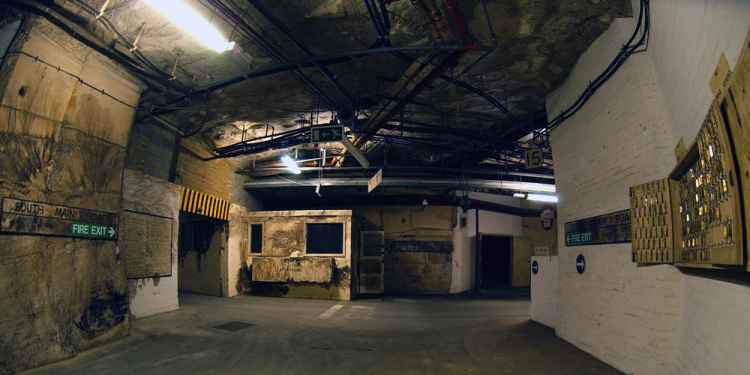
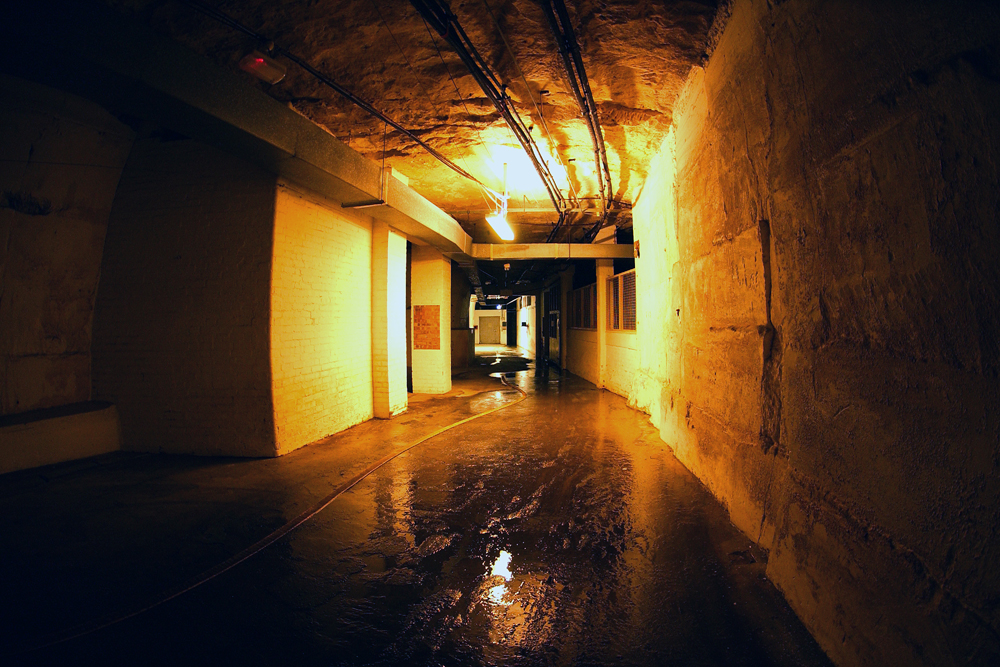
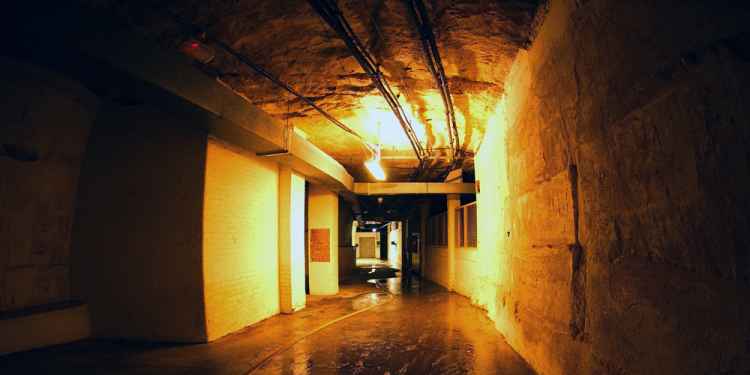
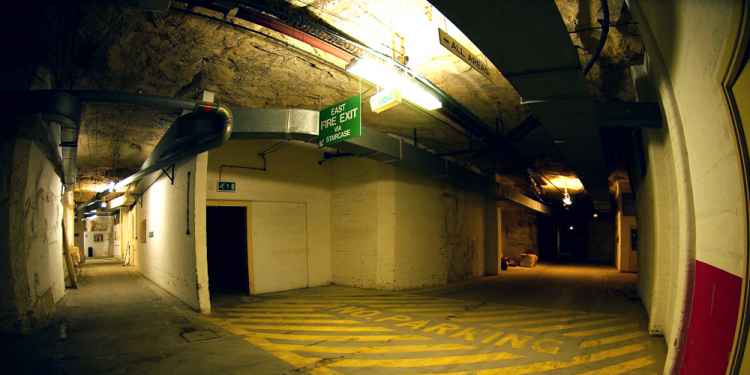
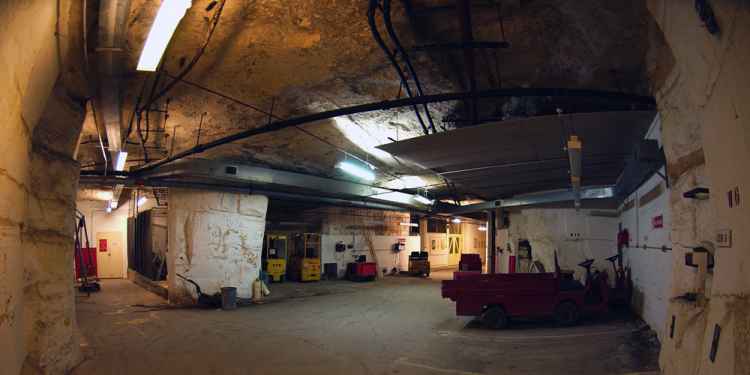
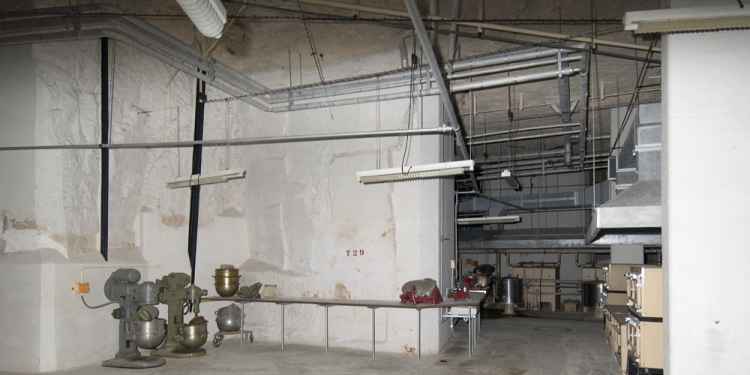
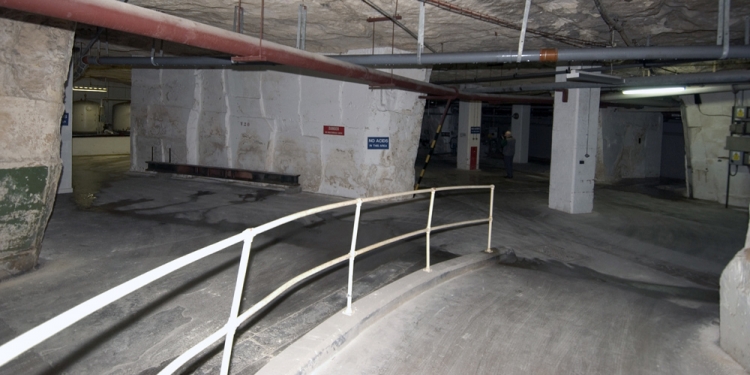
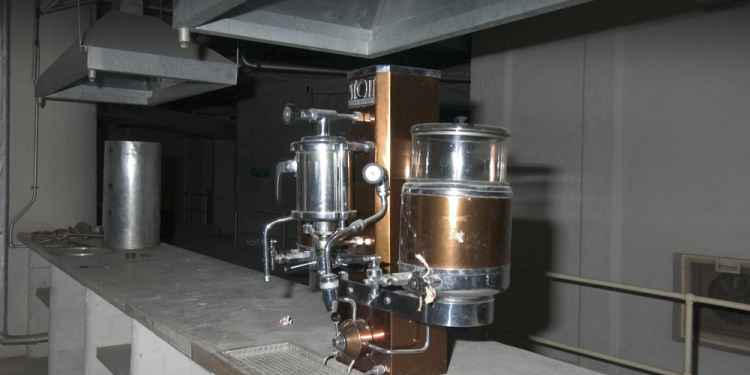
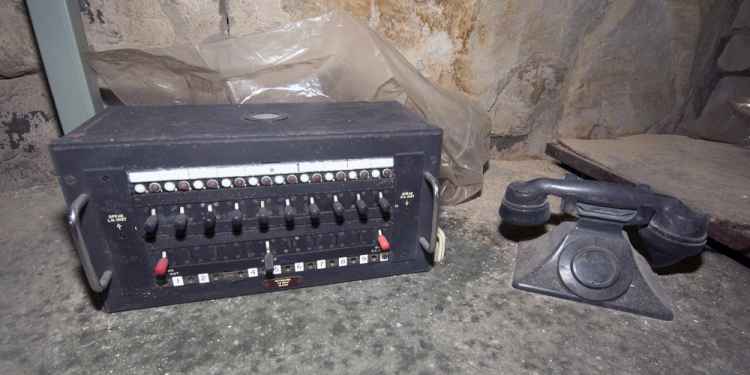
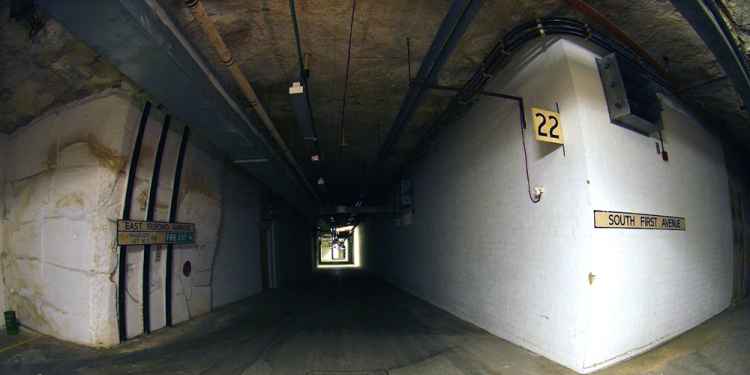

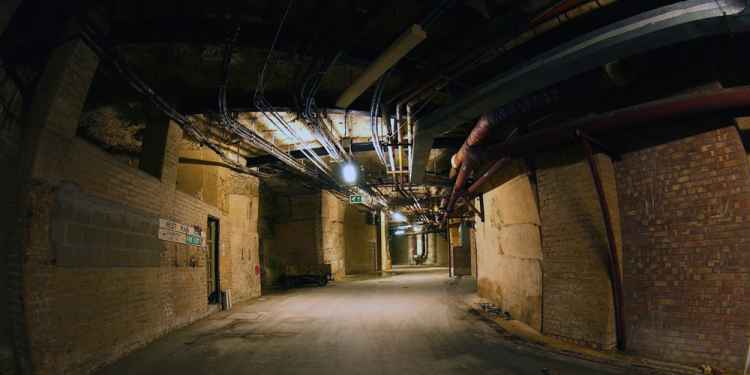
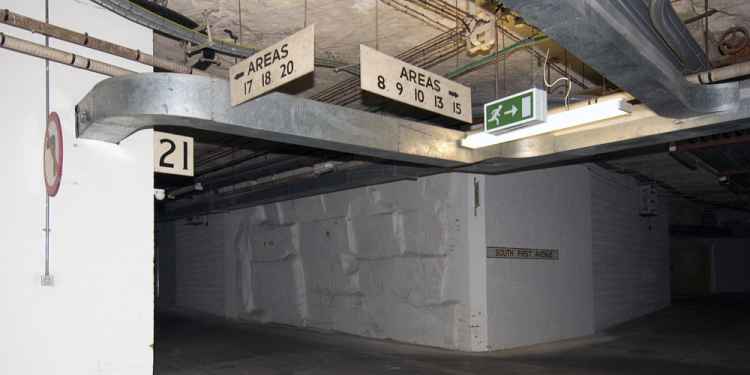
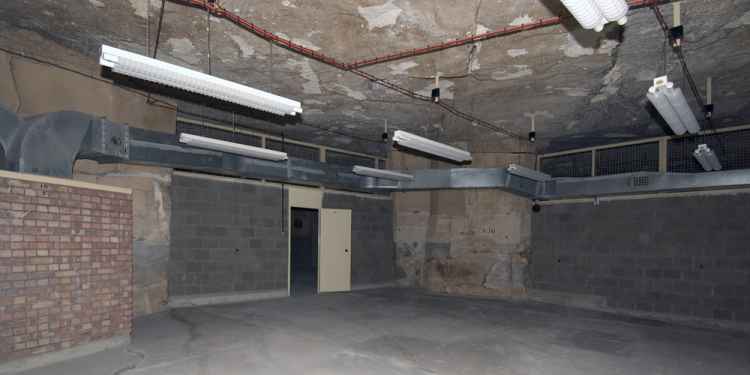
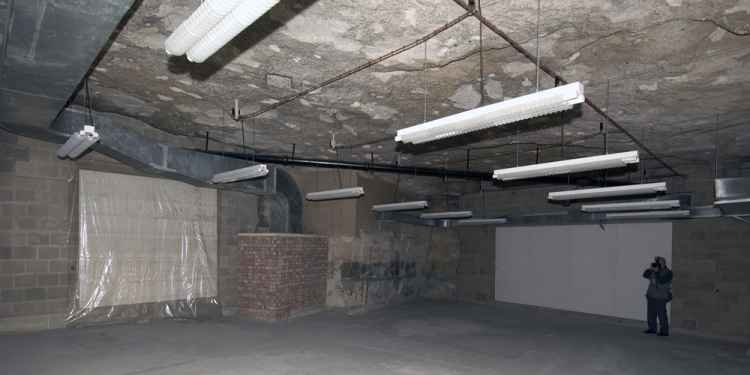
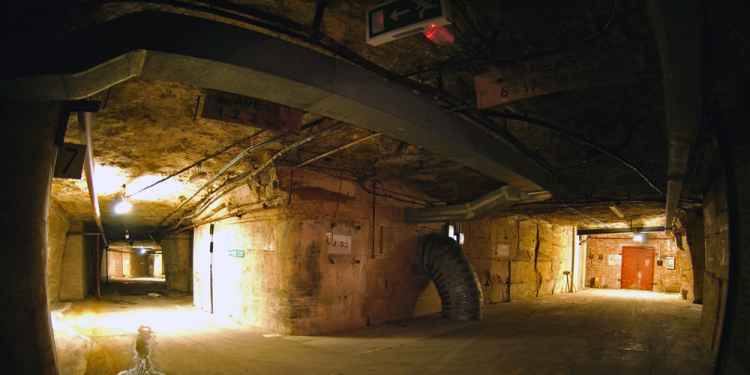
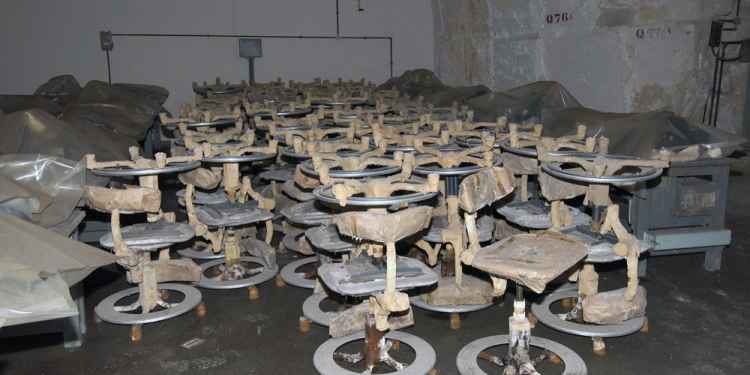
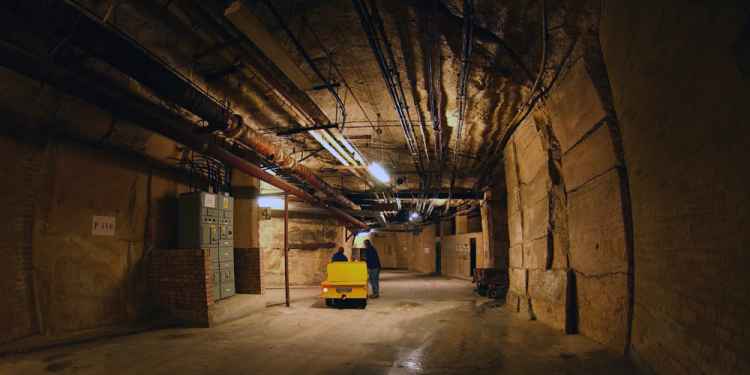
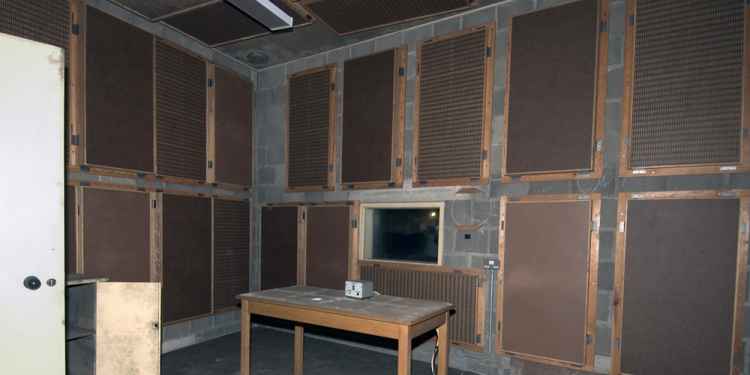
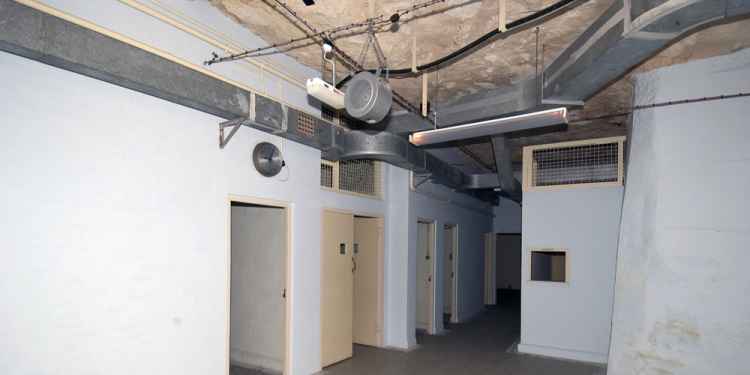
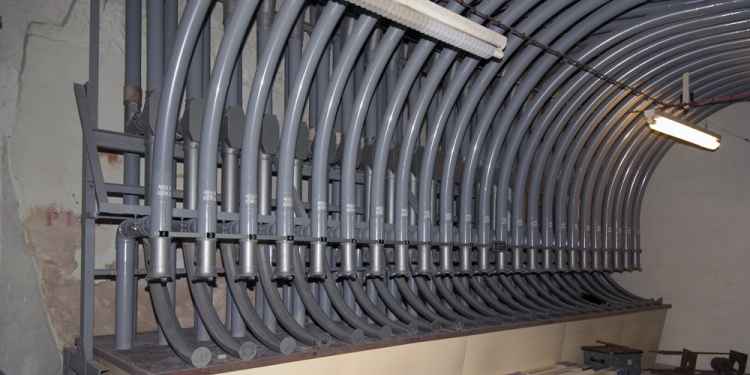
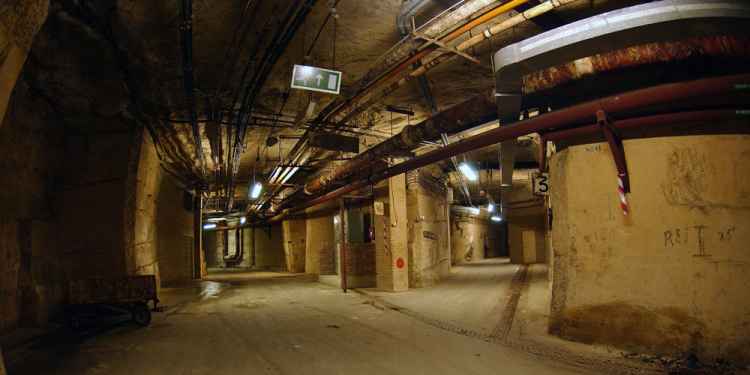
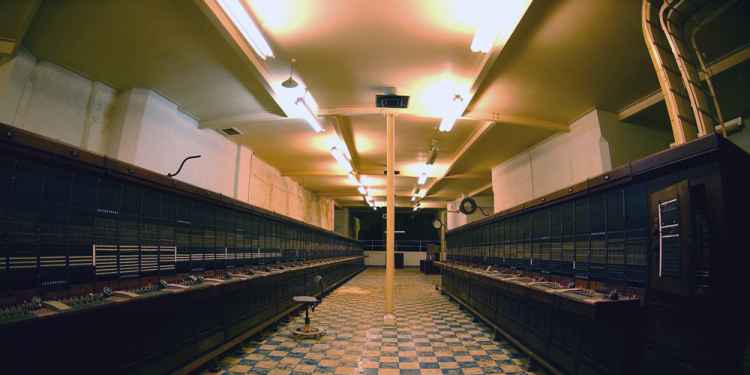
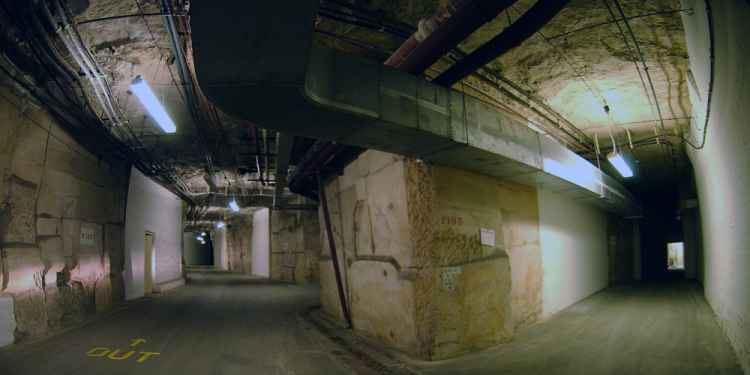
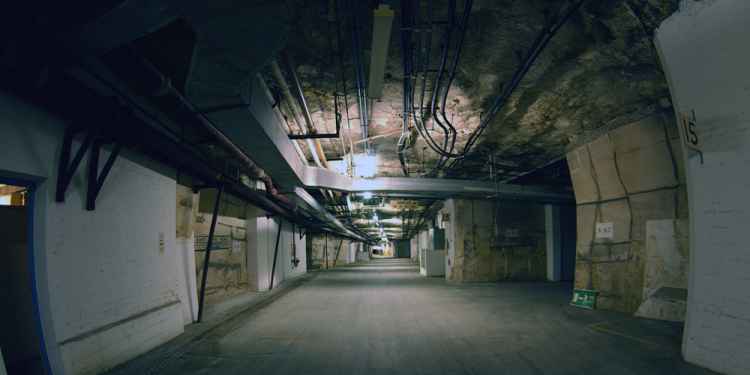

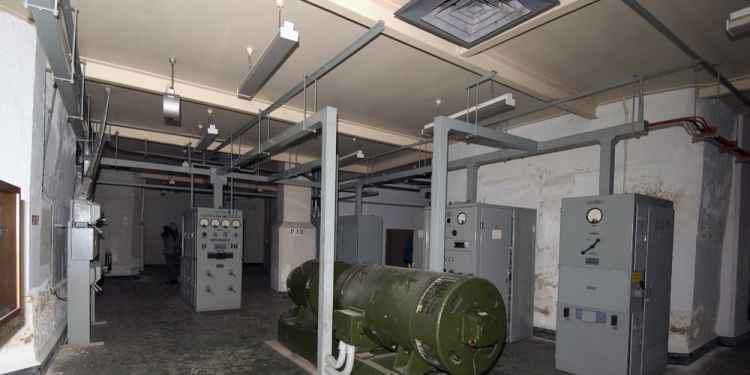
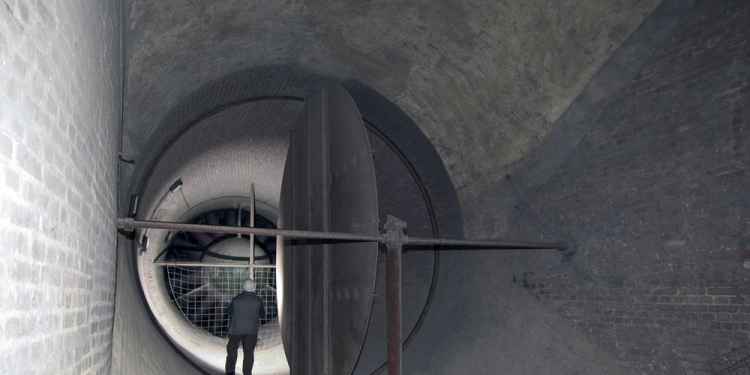
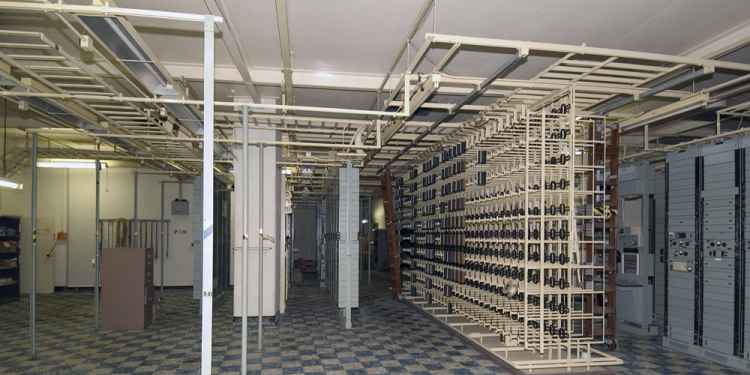
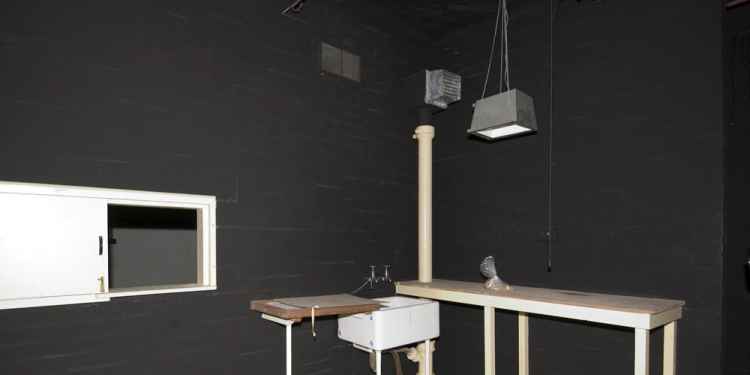
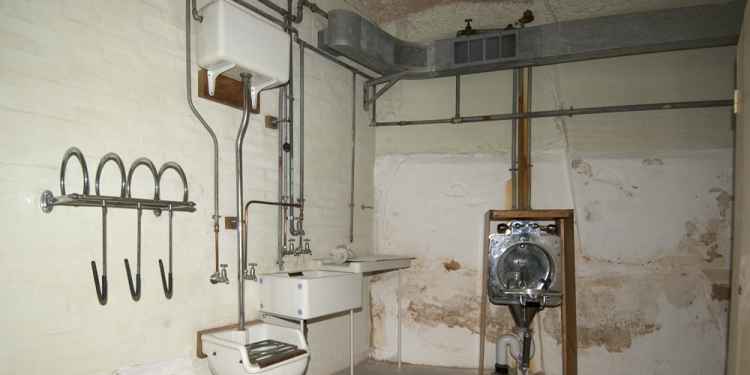
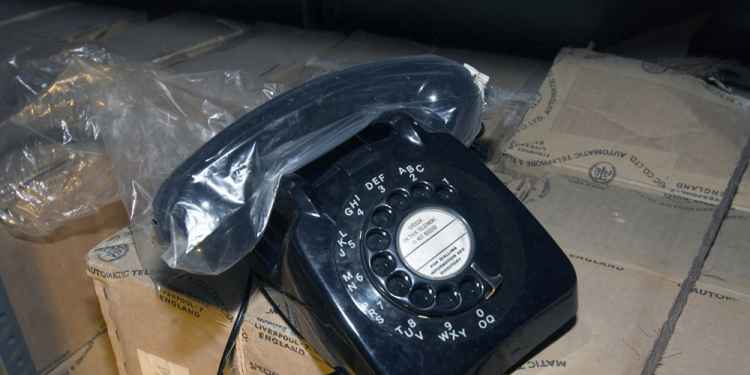
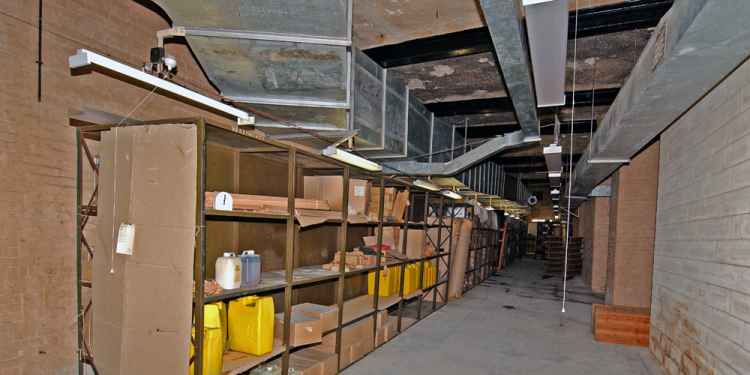
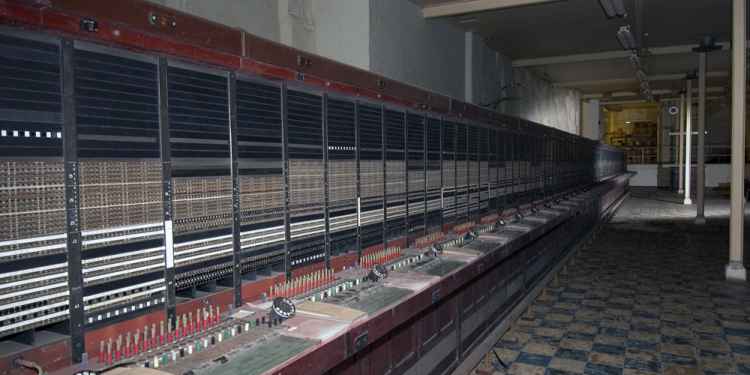
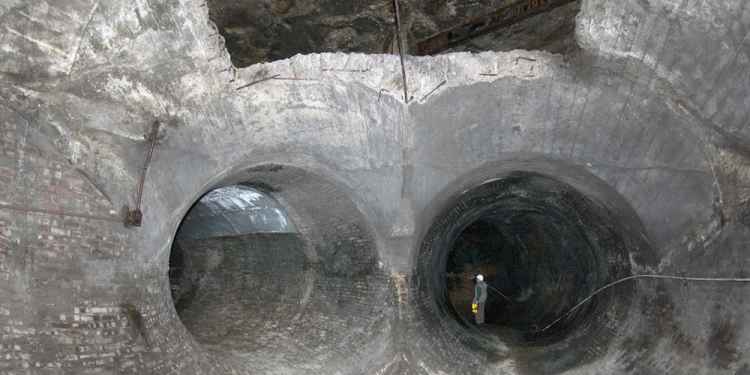
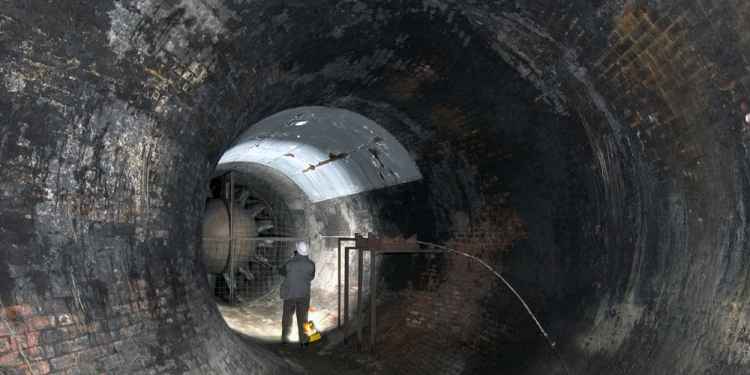
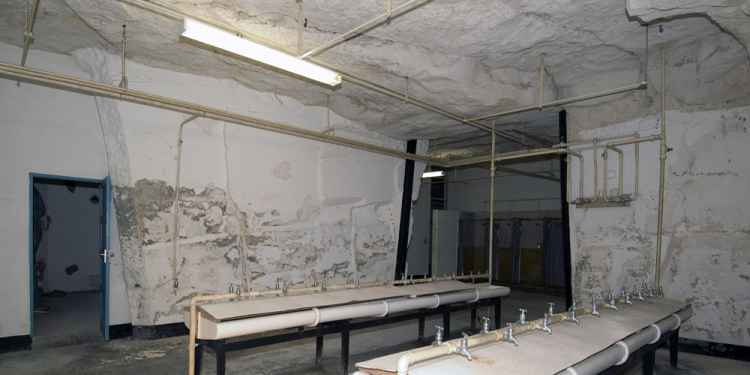
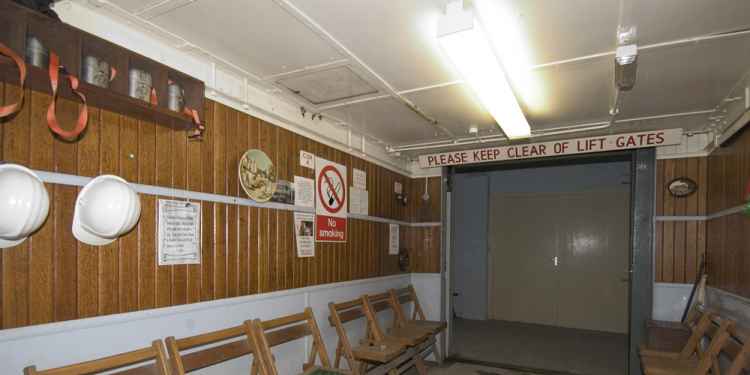
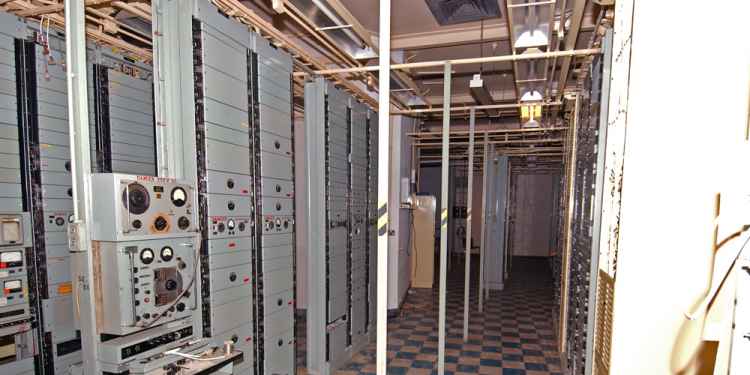
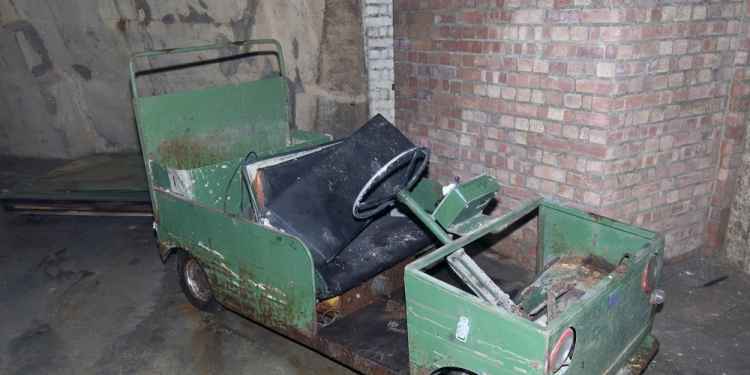
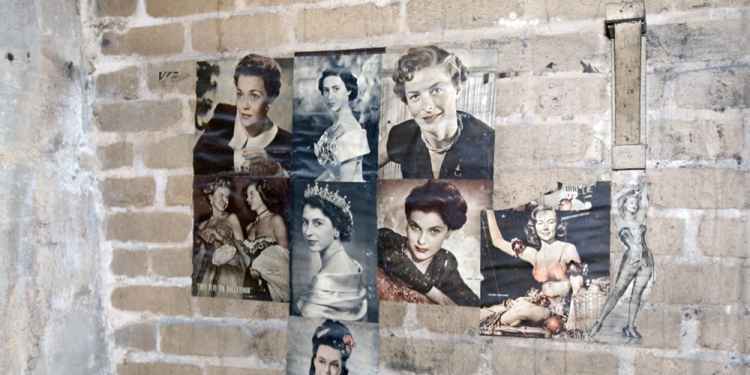
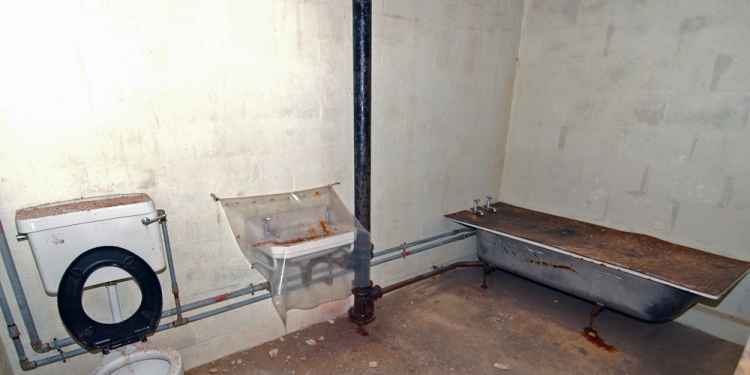
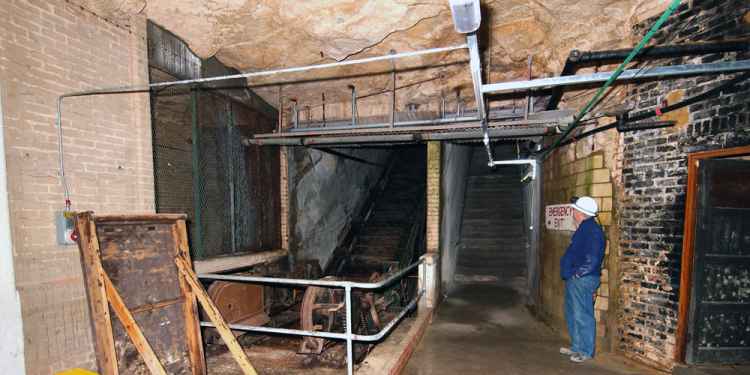
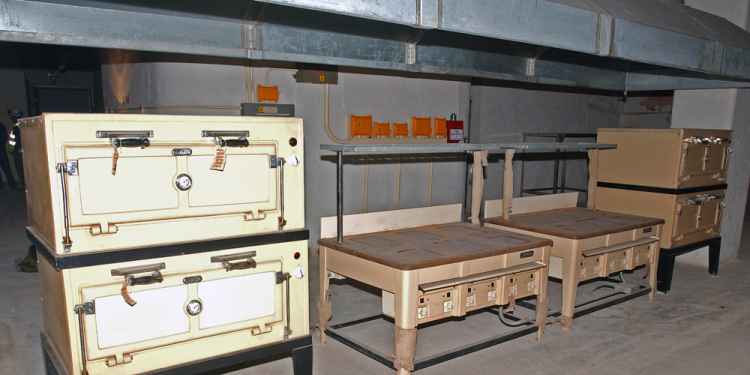
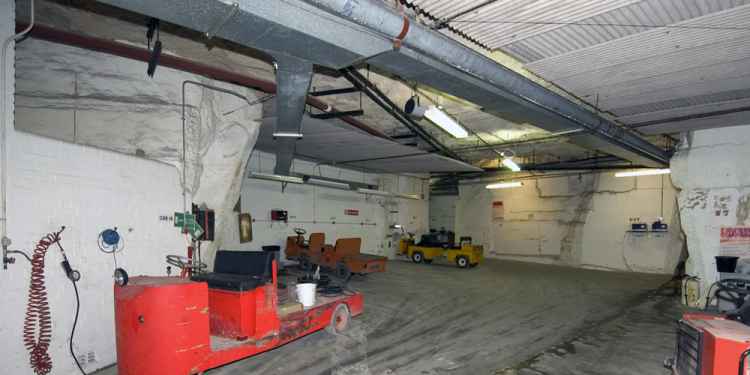
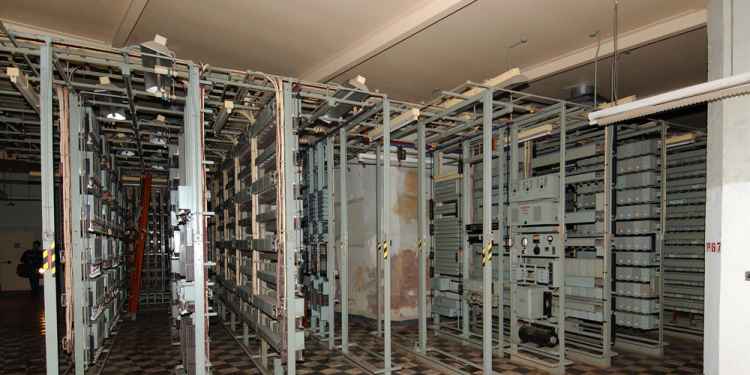
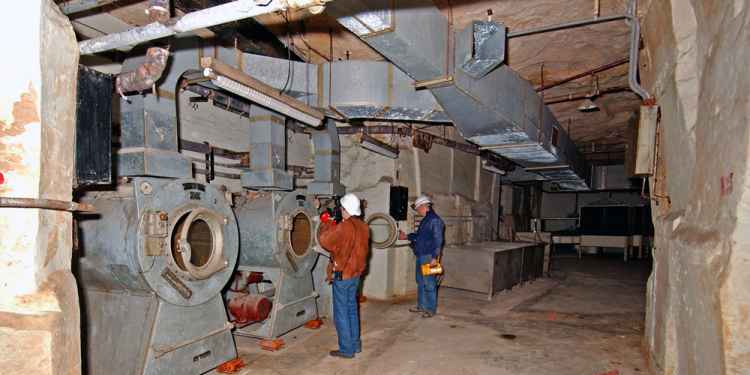
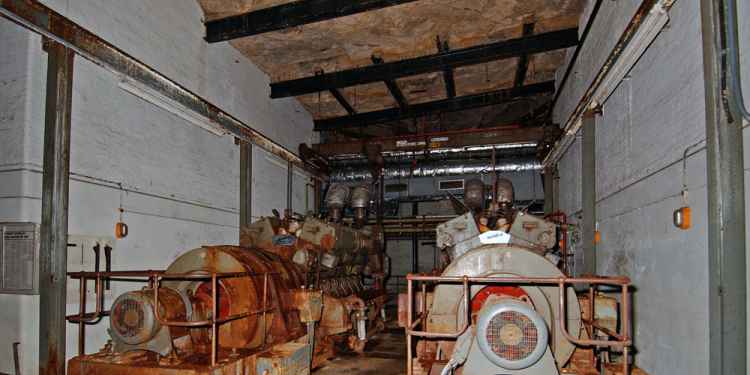
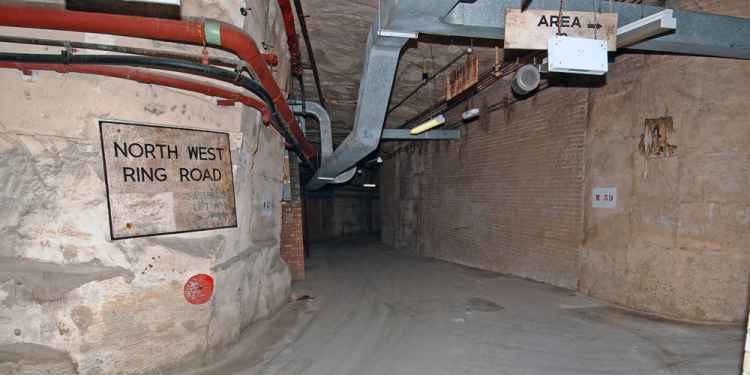
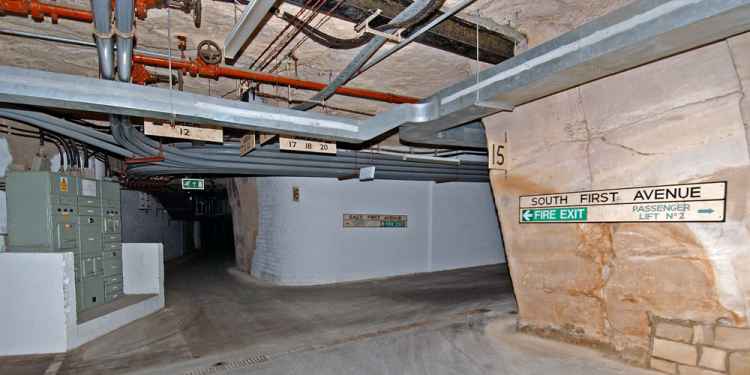
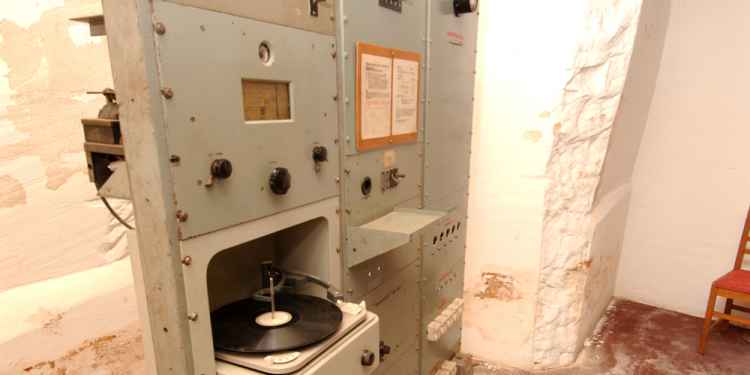
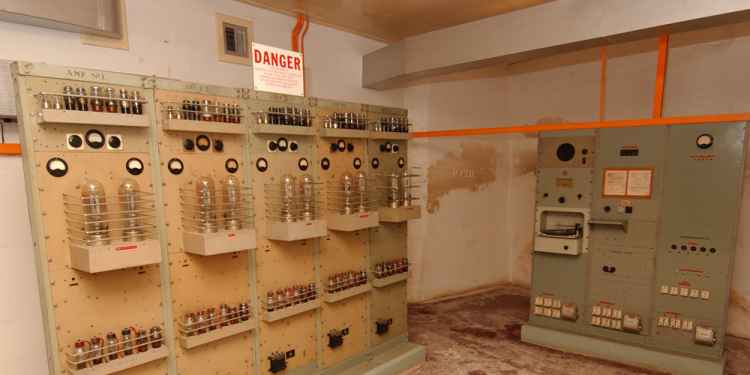
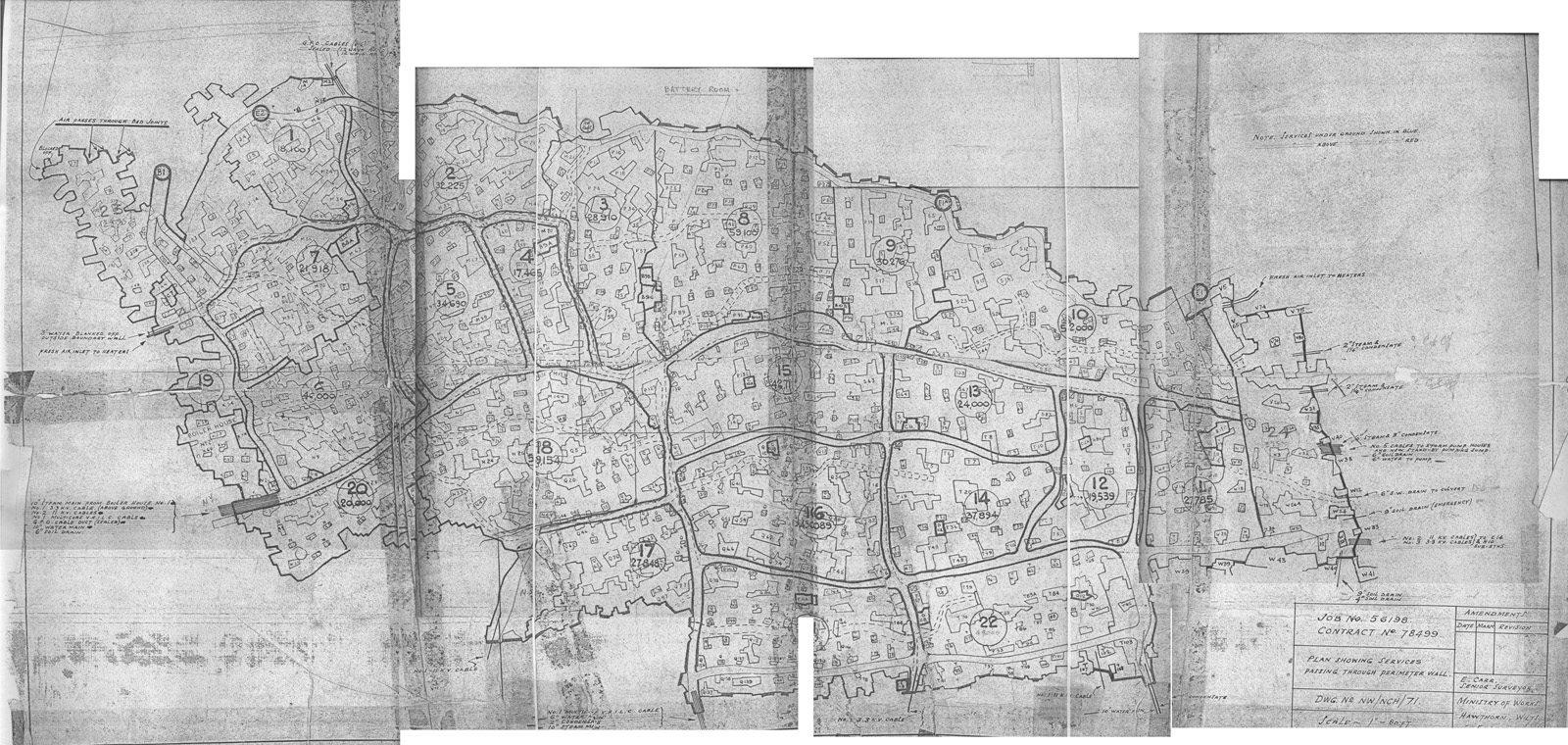
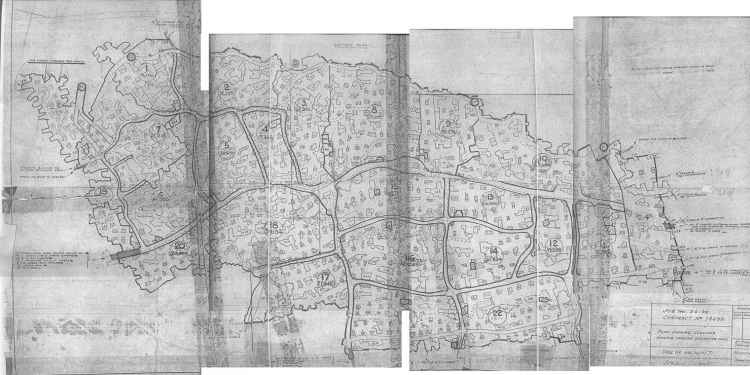
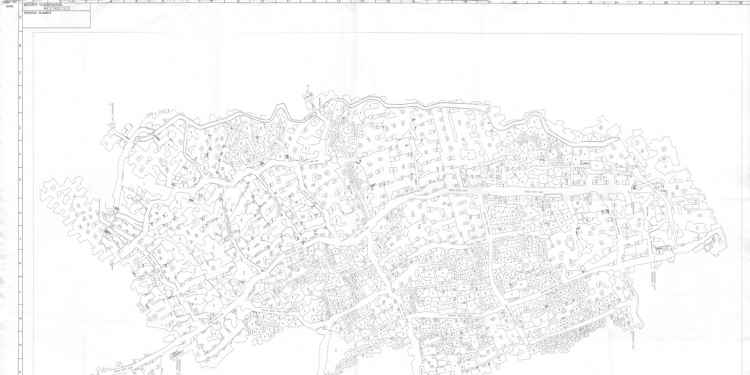

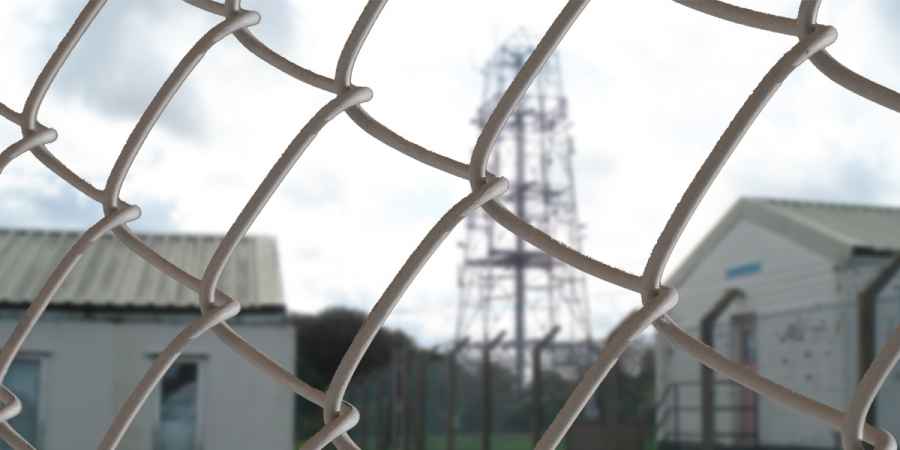

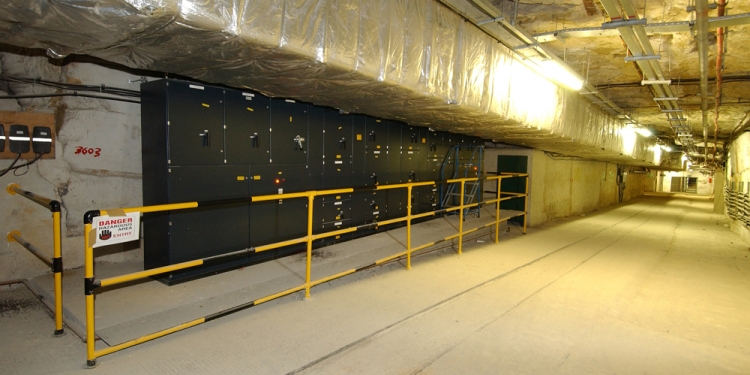
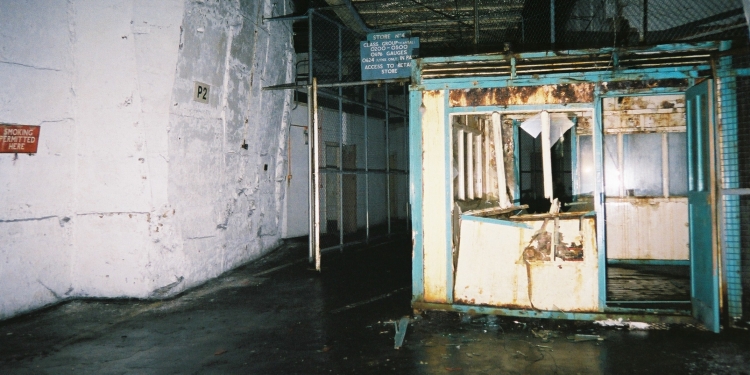

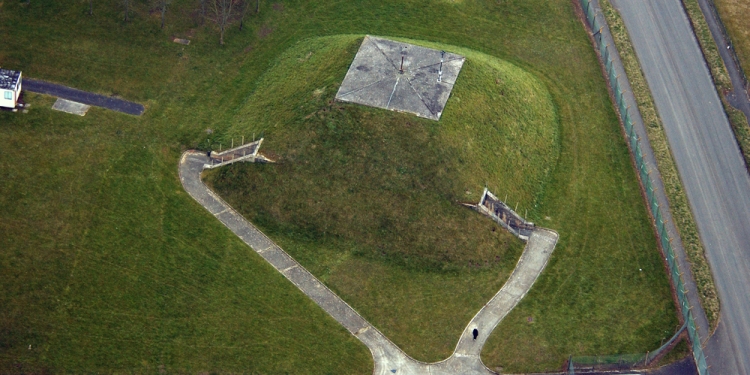
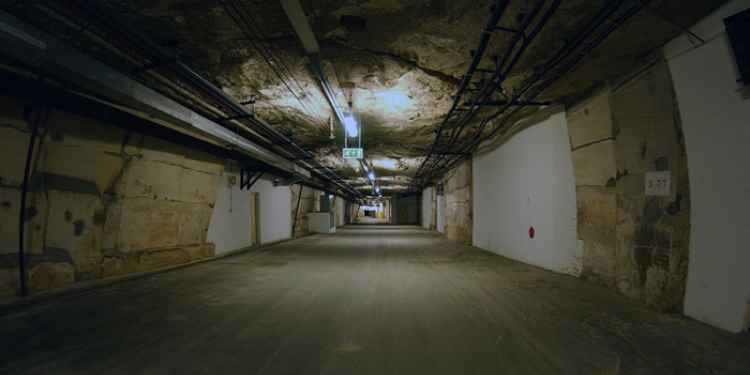
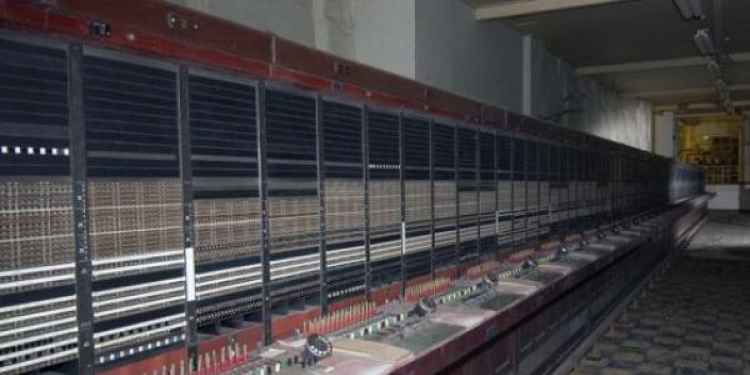
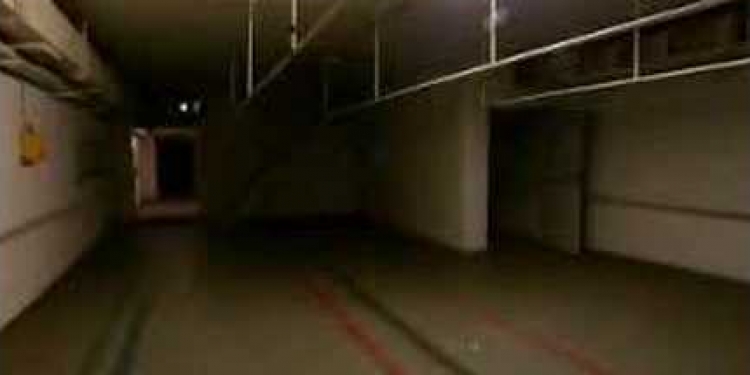


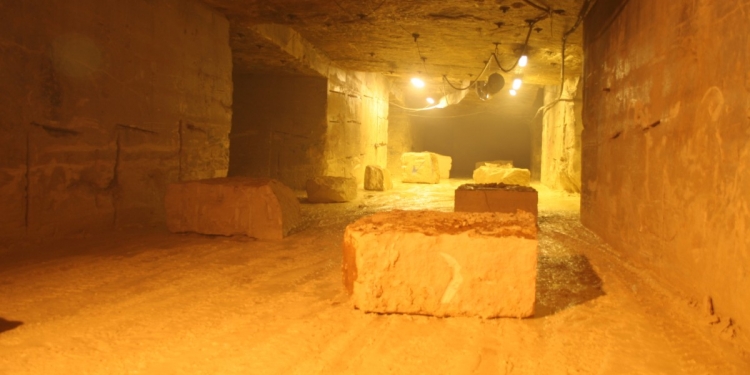
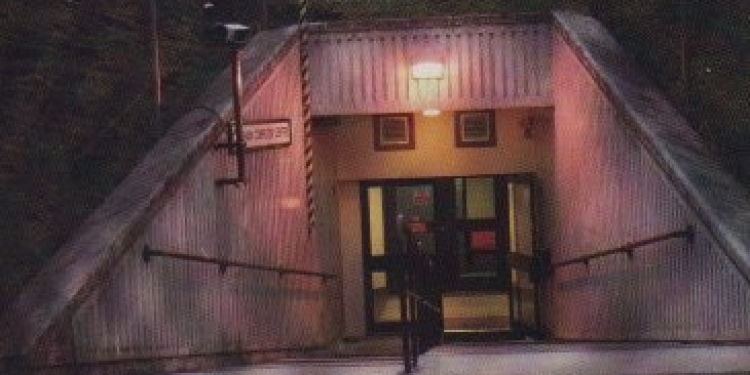
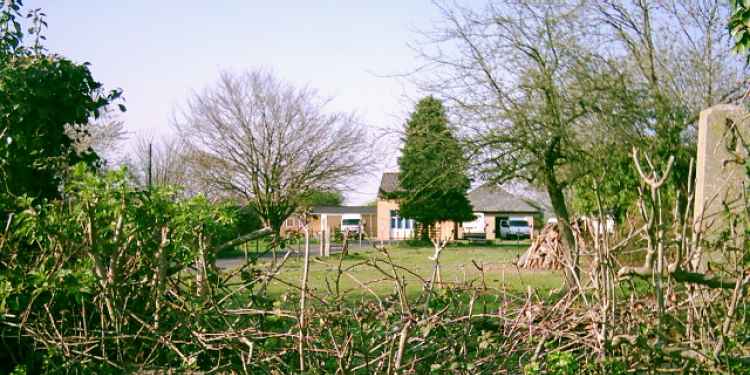
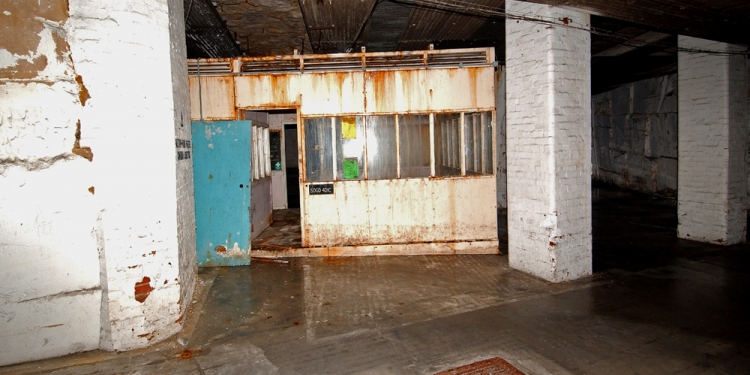
 See More on Audible
See More on Audible
Comments
Want To Join The Conversation?
Sign in or create an account to leave a comment.
Sign In
Create Account
Account Settings
Be the first to comment.